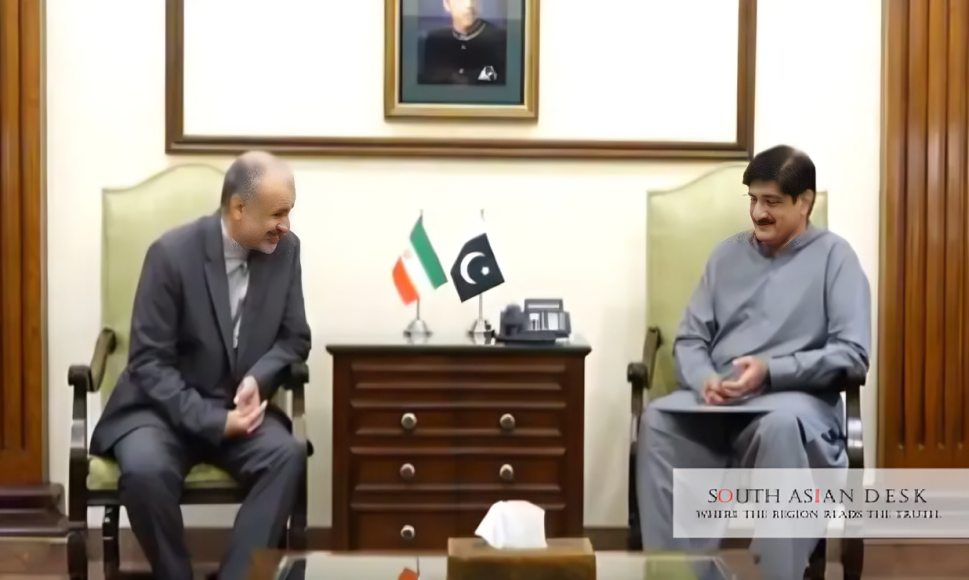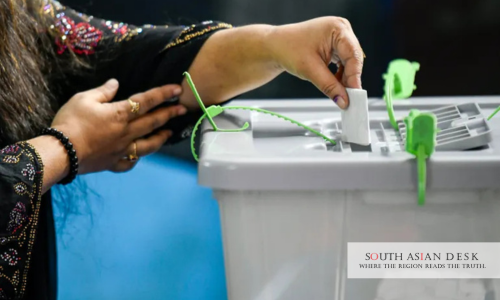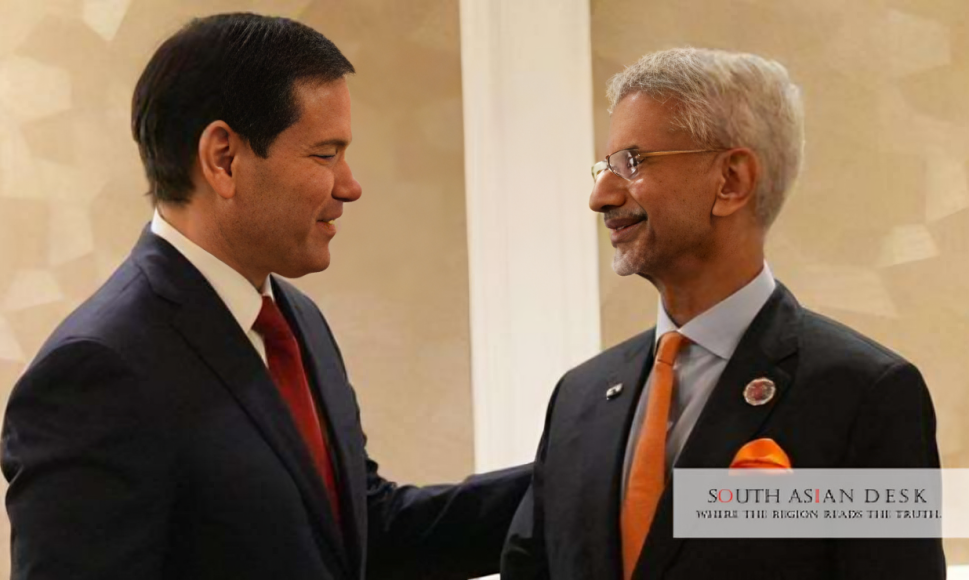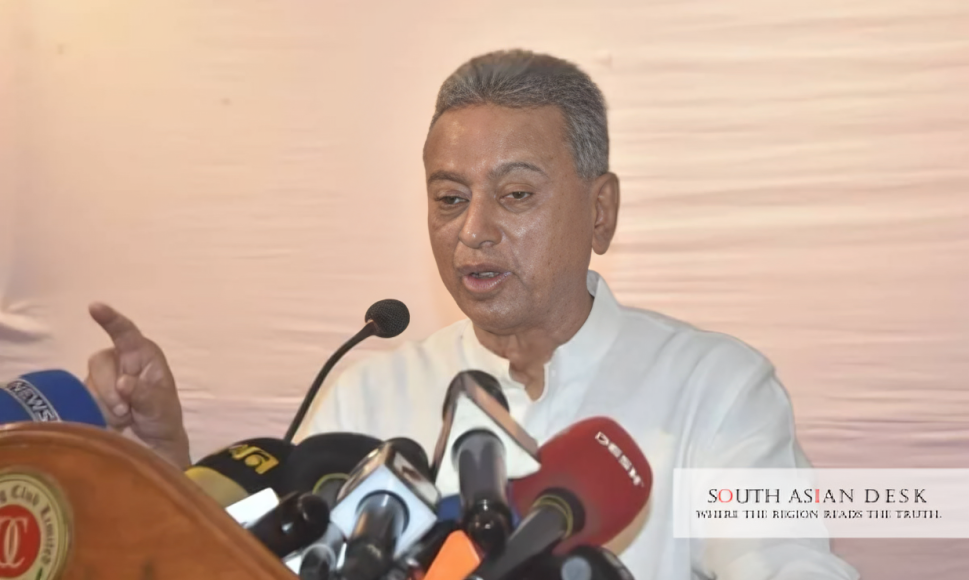Karachi, Friday, October 17, 2025: Sindh Chief Minister Syed Murad Ali Shah and Iranian Consul General Akbar Issazadeh agreed on Thursday to launch Karachi Tehran direct flights. The pact aims to ease travel for pilgrims and boost trade. It follows a September deal expanding Pakistan Iran flights.
This Karachi Tehran flights agreement matters in South Asia as it strengthens economic and cultural links between Pakistan and Iran. Amid regional tensions, such pacts foster stability and growth. They support pilgrims visiting holy sites in Iran and beyond.
Karachi Tehran Flights Agreement Details
The meeting at CM House in Karachi focussed on bilateral ties. Shah welcomed Issazadeh to his new role. “Iran is our Muslim brother country with which we share historic and strong ties,” Shah said. Issazadeh offered condolences on the death of former Sindh Assembly Speaker Agha Siraj Durrani. He also expressed sorrow over recent flood damages in Sindh.
Both sides committed to raise trade between Karachi and Tehran from PKR 5 billion to PKR 10 billion. They plan joint trade exhibitions to promote business. Media collaboration will enhance cultural exchanges. Cooperation extends to agriculture, livestock and fisheries. Shah stated that provincial ministers will meet the consul general soon to discuss initiatives.
A key outcome is the decision to start Karachi Tehran direct flights. “Direct flights will make travel easier for our pilgrims,” Shah said. Private airlines will be approached to operate the routes. This builds on prior efforts to improve Pakistan Iran direct flights pilgrims use. In September, during Iranian President Masoud Pezeshkian’s visit to Islamabad, both nations signed an air services deal. It raised weekly flights to 24.
The September agreement removed path restrictions. It included joint navigation and aviation training. New routes like Mashhad-Karachi were added. Hamidreza Sanei, deputy head of Iran’s Civil Aviation Organization, noted Pakistan’s request for flights via Mashhad to Najaf. This aids Arbaeen pilgrims.
Direct Tehran-Islamabad flights began on September 18 with Iran Airtour. Weekly services now include Iran Air’s Mashhad-Karachi, Taban Airlines’ Mashhad-Lahore and Mashhad-Karachi, plus Mahan Air’s Tehran-Lahore. The 22nd Iran-Pakistan Joint Economic Committee met on September 24-25. It yielded 13 agreements across sectors.
Background
Pakistan and Iran share a 959-kilometre border. Ties date back centuries, rooted in shared culture and religion. Recent years saw challenges like border skirmishes but also progress.
In April 2024, both agreed to increase flights during a presidential visit. This led to the September expansion. Pakistan Iran direct flights pilgrims rely on have grown. Routes to Mashhad help access Imam Reza’s shrine. From there, pilgrims proceed to Iraq for Arbaeen. Karachi, Pakistan’s largest city, hosts a major port and airport. Tehran is Iran’s capital. Direct links will cut travel time and costs.
Trade between the nations stands at about USD 2 billion annually. The Karachi Tehran flights agreement targets growth in key areas. Tourism could rise with easier access. Iranian visitors to Pakistan and vice versa may increase. Cultural events and media ties will support this. Agriculture cooperation includes sharing expertise. Livestock and fisheries offer mutual benefits. Sindh’s coastal areas align with Iran’s resources.
Pakistan Iran Direct Flights Pilgrims Impact
Pilgrims form a core group benefiting from Karachi Tehran direct flights. Thousands travel yearly to Iran’s holy sites. Arbaeen sees massive pilgrim flows. Pakistan sought routes via Mashhad for safer journeys. The September deal facilitates this. New flights like Mashhad-Karachi directly aid Karachi-based pilgrims. Shah emphasised ease for pilgrims in the agreement. Private airlines’ involvement could add capacity.
Broader impacts include economic gains. Trade exhibitions will connect businesses. Raised trade targets signal ambition. Tourism promotion via media could attract visitors. Cultural ties strengthen people-to-people links. In South Asia, this bolsters Iran’s role. Pakistan gains from diversified partnerships.
What’s Next
Implementation is key. Ministers will meet the consul general to advance sector cooperation. Private airlines must be engaged for Karachi Tehran direct flights. Issazadeh invited Shah to Iran. The chief minister accepted and plans a visit soon. The Joint Economic Committee outcomes will guide progress. Monitoring trade growth to PKR 10 billion is essential. These steps could expand Pakistan Iran direct flights pilgrims use further.
In conclusion, the Karachi Tehran direct flights pact marks a step forward in ties.
Published in SouthAsianDesk, October 17th, 2025
Follow SouthAsianDesk on X, Instagram, and Facebook for insights on business and current affairs from across South Asia.






